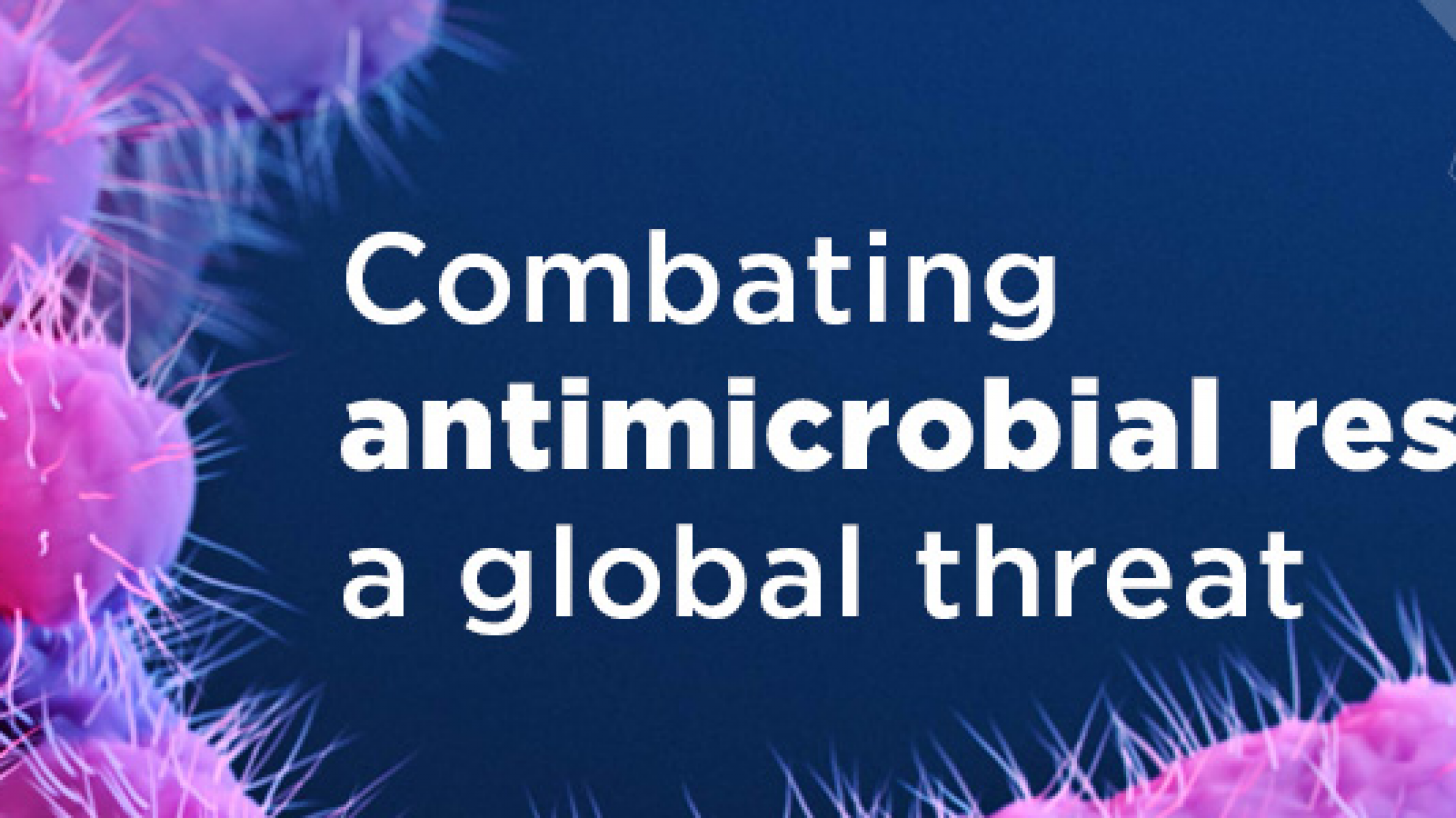£1 Million Supports Bacterial Vaccine Development

The Bacterial Vaccines Network (BactiVac) recently announced it had secured £1 million of funding to accelerate the development of bacterial vaccines and combat the threat of antimicrobial resistance (AMR).
The funding was awarded by Wellcome and will enhance the impact of the BactiVac Network over the next four years.
In a July 2022 report, the World Health Organization identified innovative AMR vaccines could reduce the incidence of bacterial infections and the widespread use and misuse of antibiotics.
Resistant germs can spread between people, animals, and the environment and can cause deadly infections, says the U.S. Centers for Disease Control and Prevention.
Bacterial infections kill over 7 million people yearly, and developing new and better vaccines will reduce this devastating disease burden.
Currently, many human-specific and veterinary/zoonotic bacterial infections do not have a vaccine, or extant vaccines are sub-optimal.
With over 1,400 members from 78 countries, BactiVac brings together academia, industry, policymakers, and funders, 49% of whom are from low- and middle-income countries (LMICs), to advance the development of vaccines against bacterial pathogens of global importance.
The BactiVac Network, hosted at the University of Birmingham, was established in 2017 under the direction of Professors Calman MacLennan and Adam Cunningham.
From the start, BactiVac has been a leading advocate for bacterial vaccinology, enabled collaborations in vaccine development through research project funding, delivered critical training for members, supported training exchanges, and hosted Annual Network Meetings.
With a focus on LMICs, BactiVac aims to address bottlenecks and capacity building among early career researchers in these countries.
As the critical Network for advocating the acceleration of vaccines that target bacterial pathogens, the BactiVac Network will continue building collaborations and networking between academic, policy, and industry partners towards this goal.
Professor Calman MacLennan, BactiVac Director, said in a press release on February 21, 2023, "We're delighted that Wellcome will be partnering with us for Phase 2 of BactiVac."
"With Wellcome's support, we will be able to build on what has been achieved over the first five years of the Network, continue to promote the development of bacterial vaccines, and champion their importance in overcoming the silent pandemic of antimicrobial resistance."
Previously, a December 2022 study published by The Lancet classified the included pathogens into the following four groups:
- Group A consists of pathogens for which vaccines already exist—i.e., Salmonella enterica serotype Typhi, Streptococcus pneumoniae, Haemophilus influenzae type b, and M tuberculosis.
- Group B consists of pathogens with vaccines in advanced clinical development—i.e., extra-intestinal pathogenic Escherichia coli, Salmonella enterica serotype Paratyphi A, Neisseria gonorrhoeae, and C difficile.
- Group C consists of pathogens with vaccines in early phases of clinical development—i.e., enterotoxigenic E coli, Klebsiella pneumoniae, non-typhoidal Salmonella, Shigella spp, and Campylobacter spp.
- Group D includes pathogens with either no candidates in clinical development or low development feasibility—i.e., Pseudomonas aeruginosa, Acinetobacter baumannii, Staphylococcus aureus, Helicobacter pylori, Enterococcus faecium, and Enterobacter spp.
Next week, the Vaccines as Tools to Combat Antimicrobial Resistance 2023 conference is scheduled. Please view the entire program for the meeting.
Our Trust Standards: Medical Advisory Committee

